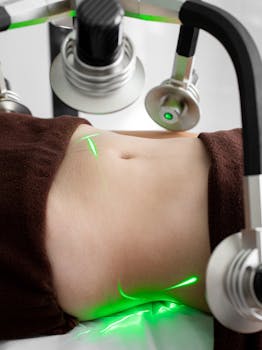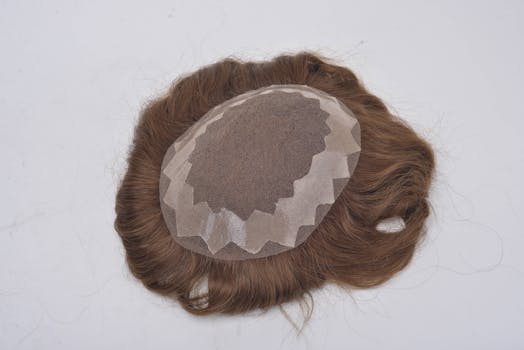Many people considering augmentation or revision surgery ask a straightforward question: can silicone implants cause cancer? This article gives a practical, evidence-based overview of the current understanding, what researchers are monitoring, and how patients and clinicians balance risks and benefits.
Could Silicone Implants Cause Cancer?
Short answer: documented cases link certain types of lymphoma to breast implants, but the picture is nuanced. Breast implant-associated anaplastic large cell lymphoma (BIA-ALCL) is a rare immune-system cancer found in some patients with implants, especially textured implants. That distinction matters when assessing breast augmentation cancer risk and when asking, do breast implants cause cancer in a general sense.
What the Evidence Shows
Large-scale studies and regulatory reviews have not found a clear causal link between silicone implants and typical breast cancers (the carcinomas that most people mean when they say “breast cancer”). However, evidence does show a small, increased incidence of BIA-ALCL in people with certain breast implants. The term breast implants cancer is sometimes used broadly and can cause confusion; it helps to separate conventional breast cancer from implant-associated lymphoma.
Regulators and specialist organizations continue to collect data. For an authoritative summary of the implant–lymphoma connection and recommended follow-up, see the FDA’s information on Breast Implant-Associated Anaplastic Large Cell Lymphoma (BIA-ALCL): FDA information on Breast Implant-Associated Anaplastic Large Cell Lymphoma (BIA-ALCL).
How Big Is the Risk?
Quantifying the chances of getting cancer from breast implants depends on implant type, surface (textured vs smooth), and evolving surveillance data. Estimates vary by study, but BIA-ALCL remains rare compared with other cancers. When patients ask, can breast implants cause cancer, clinicians tend to clarify that the risk is specific to a rare lymphoma subtype rather than the more common breast carcinomas.
Factors that may affect risk
- Implant surface: textured implants have been linked more frequently with BIA-ALCL than smooth-surfaced implants.
- Time since implantation: many reported cases occur years after the original surgery.
- Individual immune response: chronic inflammation is a suspected driver of implant-associated lymphoma.
Symptoms and Early Detection
Recognizing potential warning signs is important. If you’re wondering about signs of breast cancer with implants, remember that implant-associated lymphoma often presents differently from typical breast cancers. Common red flags include late-onset swelling or fluid accumulation around the implant (seroma), painless lumps near the implant, or sudden asymmetry long after the surgery. Routine screening mammograms and clinical exams remain important for detecting standard breast cancers, but additional imaging or aspiration may be needed to investigate implant-related symptoms.
Practical Advice for Patients
If you’re weighing augmentation or reconstructive surgery, discuss the following with your surgeon:
- Type and surface of implant and their implications for BIA-ALCL risk.
- Long-term follow-up plan, including what symptoms to report promptly.
- Alternative options, such as smooth implants or autologous reconstruction when appropriate.
Beyond surgical decisions, overall skin and body health are part of long-term outcomes. For guidance on non-surgical aspects of wellbeing and products that support skin resilience, consider resources on eco-friendly skincare and sustainable products for healthy skin: eco-friendly skincare and sustainable products for healthy skin.
When to Talk to Your Doctor
Contact your healthcare provider if you experience persistent swelling, a new mass, pain that doesn’t match a routine postoperative finding, or changes in the breast or implant area. Questions patients often ask include do breast implants cause cancer and does silicone implants cause cancer — both are valid and deserve personalized discussion given your implant type and medical history.
Decision-making and Risk Communication
Surgeons should provide transparent counseling about the absolute versus relative risk of BIA-ALCL and standard breast cancers after implant surgery. “Can breast implants cause cancer?” is best answered with context: implants are not associated with a higher risk of common breast carcinomas, but there is a small, implant-type–related risk of a rare lymphoma. This nuance affects informed consent and follow-up planning.
Brief takeaways
- BIA-ALCL is a rare lymphoma associated primarily with certain textured implants.
- Standard breast cancer risk is not clearly increased by silicone implants.
- Monitor for late swelling, lumps, or other local changes and seek evaluation early.
FAQ
Q: Do breast implants cause cancer?
A: In general, breast implants are not linked to the common forms of breast carcinoma; however, a rare lymphoma (BIA-ALCL) has been associated with some implants.
Q: What are the chances of getting cancer from breast implants?
A: The chances of developing implant-associated lymphoma are very low, but estimates vary by implant type and study. Discuss current data with your surgeon for numbers that match the implants being considered.
Q: What should I watch for as signs of breast cancer with implants?
A: For implant-related concerns, watch for late-onset swelling, persistent fluid, a new lump, or sudden changes in shape. For standard breast cancer, continue routine screening appropriate to your age and risk profile.






